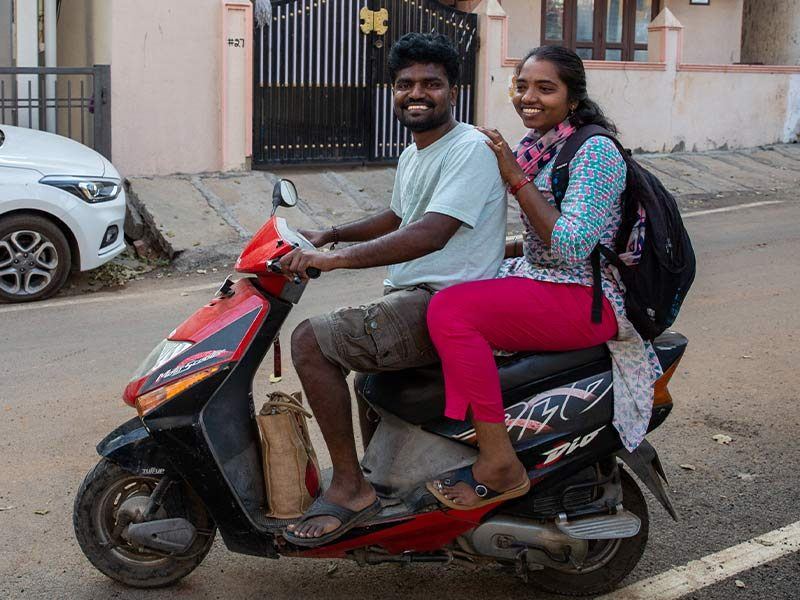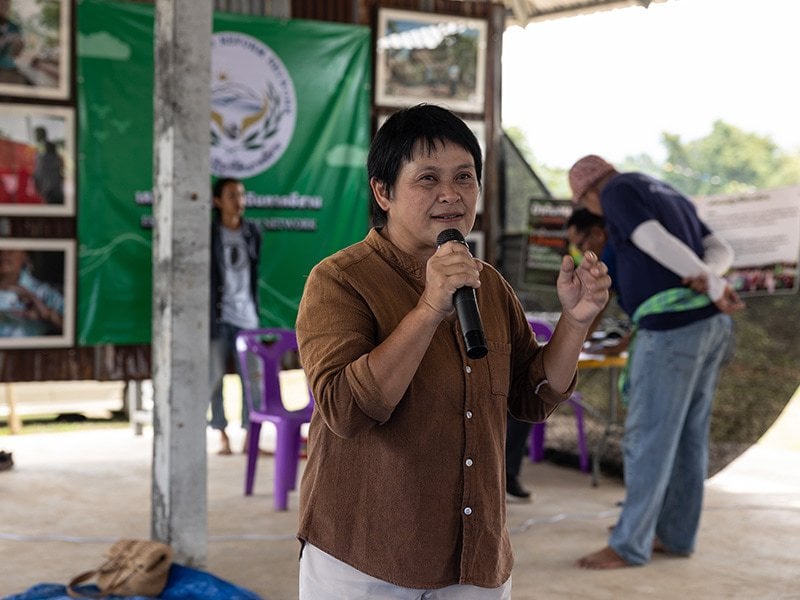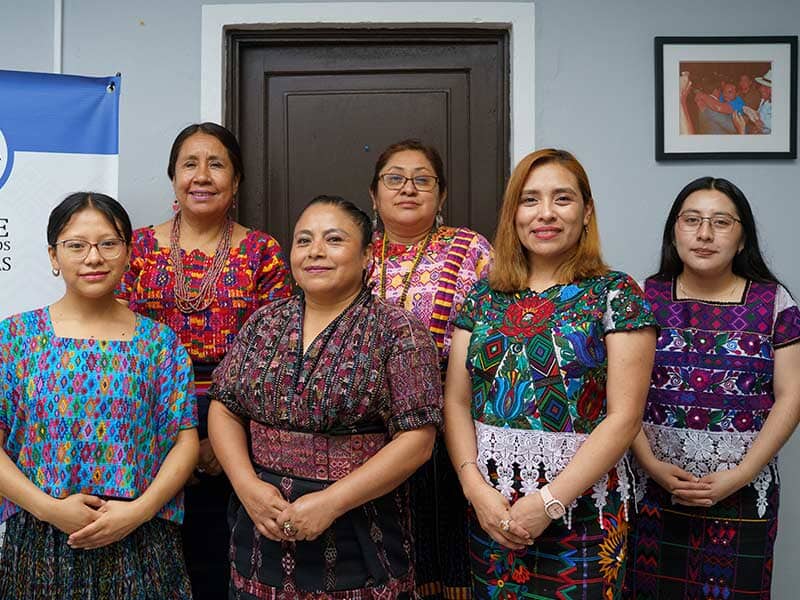Tomorrow, AJWS and our partners and community around the world celebrate World Day for Indigenous Peoples. But this day is not just for celebration — it’s one where we recognize the struggle of Indigenous Peoples, and all they’ve accomplished to realize their human rights. This week, representatives from 14 AJWS partner organizations focused on climate justice and Indigenous land rights in Kenya met to strategize and share learnings and solidarity. These incredible activists have been building power of the people in communities, including winning significant battles in the courts to push the Kenyan government to recognize their rights and make environmentally sustainable choices for the future of their country.
The government has often failed to comply with implementation of the rulings, in many cases continuing violations like evicting Indigenous peoples from their ancestral lands, denying them basic services, and pushing polluting fossil fuel development that is driving climate change.
While there has been great progress in protecting and promoting Indigenous peoples’ rights, many fights still lie ahead — and this week’s convening aimed to tackle them head on. They reflected on the importance of coming together no matter their Indigenous group, gender or age to make their voices heard.
Jane Meriwas, the Executive Director of AJWS partner Samburu Women’s Trust, delivered a powerful keynote speech at the opening of the convening about the importance of Indigenous peoples’ involvement in the fight for climate justice, and hope for the future. We are honored to share some of her thoughts with you here:
“The struggle for land, water, and climate justice is not new to our people. It is a story etched into our songs, ceremonies, and survival. It is a story of resisting extraction, displacement, and invisibility. But above all, it is a story of resilience—a fire that has burned from generation to generation, passed down through the hands and hearts of elders, mothers, warriors, and now youth.
Too often, movements are built for the present moment alone. But when we look at climate justice, water rights, and land protection through an intergenerational lens, something shifts. We begin to honor the wisdom of the past, carried by our elders who understood the land not as property but as kin. We recognize that the present must be a bridge, not a barrier, between what was and what could be. We create space for youth leadership, not as token participation, but as rightful owners of the future who must be empowered today.
In Indigenous communities, knowledge is transferred not through textbooks, but through lived experience, storytelling, and shared responsibility. Climate action must follow the same path—rooted in continuity, co-creation, and consciousness of time.
In Samburu, we are witnessing firsthand the impact of climate injustice—vanishing water points, increasing drought, militarized conservation, and land grabs disguised as green energy. Sacred shrines like Sarima have been taken. Grazing lands fenced. Women’s traditional water roles erased by policy frameworks that do not see or hear us.
But even in that erasure, we are rising.
Women are reclaiming Indigenous seeds. Youth are organizing around water as a right, not a commodity. Elders are restoring traditional governance systems to protect communal lands.
What sustains us is not just advocacy—it is memory, and the moral clarity that this struggle is not for us alone. It is for those not yet born.
Let us be the generation that did not break the chain of responsibility. Let us be the ones who passed the torch not just brighter—but wiser.
The land remembers. The water listens. And the climate waits.
Let us move together, with the footsteps of our elders behind us, the voices of our youth beside us, and the future guiding us forward.”








